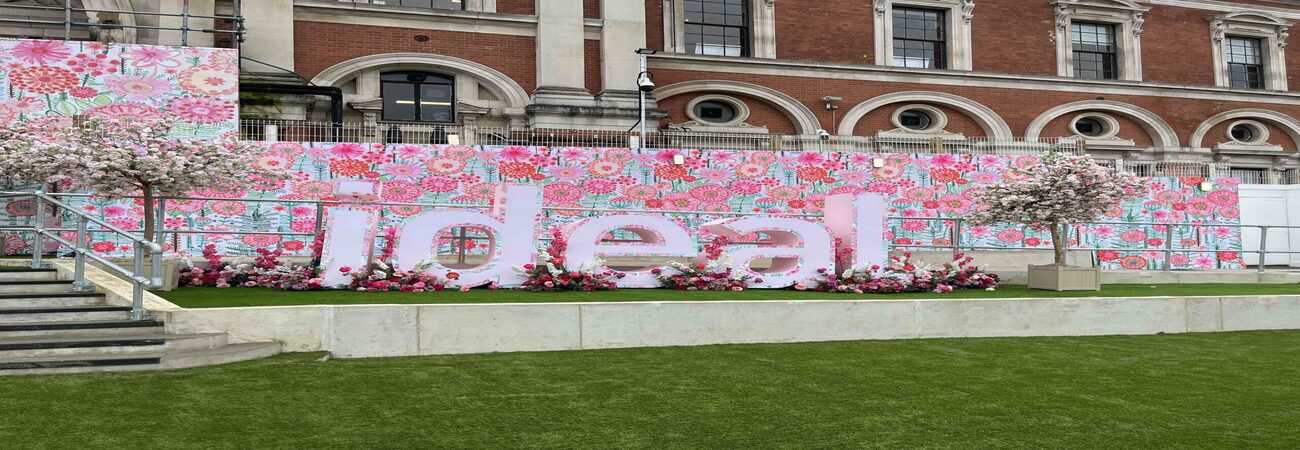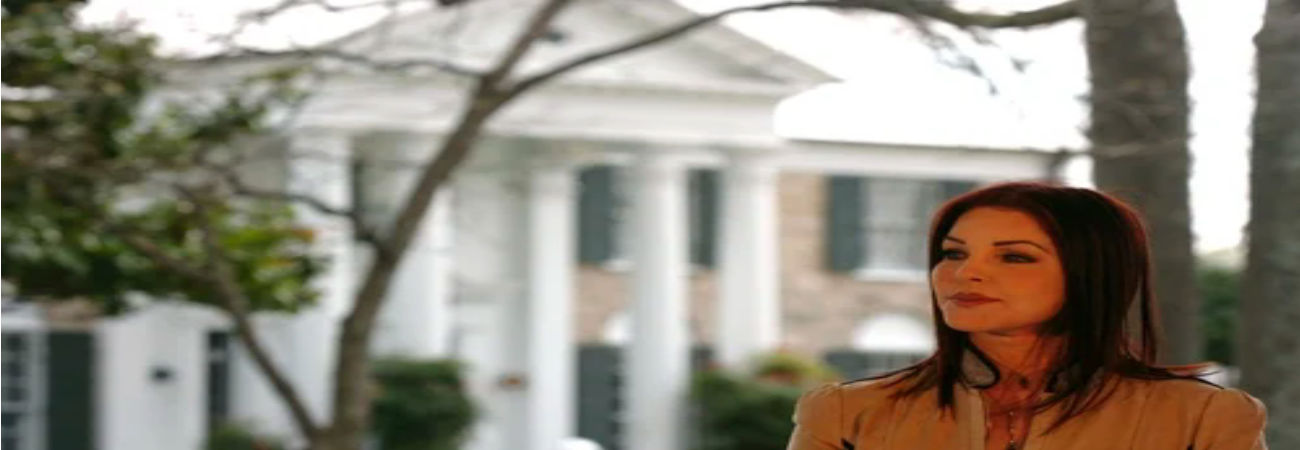In a time when conversations around mental health are finally taking center stage, Indian classical musician Rishab Rikhiram Sharma is leading a unique, soul-stirring initiative that blends ancient raga traditions with modern mindfulness. His project, “Sitar for Mental Health,” is more than a concert—it’s a healing experience. Born out of personal pain and emotional turmoil during the pandemic, Sitar for Mental Health started as a lifeline for Sharma himself. After losing his grandfather and grappling with depression and anxiety, Sharma turned to therapy—and then, back to the sitar.
What began as live music sessions on Instagram and Clubhouse soon grew into a global community. Sharma’s honesty, vulnerability, and musical genius struck a chord with people struggling silently. Over time, this blossomed into a worldwide movement with over 300,000 followers, centered on healing through sound.
In 2025, Sharma launched a multi-city India tour, bringing his message to thousands across Delhi, Mumbai, Hyderabad, Bengaluru, and more. His performances drew both classical music lovers and newcomers seeking mindfulness and healing. Beyond India, Sitar for Mental Health has reached audiences across the US, Canada, South America, and Europe. Whether in a concert hall or a virtual space, the goal remains the same: to use music as a tool for awareness, connection, and inner peace.
Mental health still carries stigma in many cultures, especially in South Asia. Sharma, trained in the Maihar gharana and the youngest disciple of Pandit Ravi Shankar, is using his platform to break those taboos—not as a therapist, but as a fellow human navigating life’s emotional landscape. Through music, he invites listeners to slow down, breathe, feel, and reflect. It’s not a clinical approach—but it’s deeply therapeutic.

